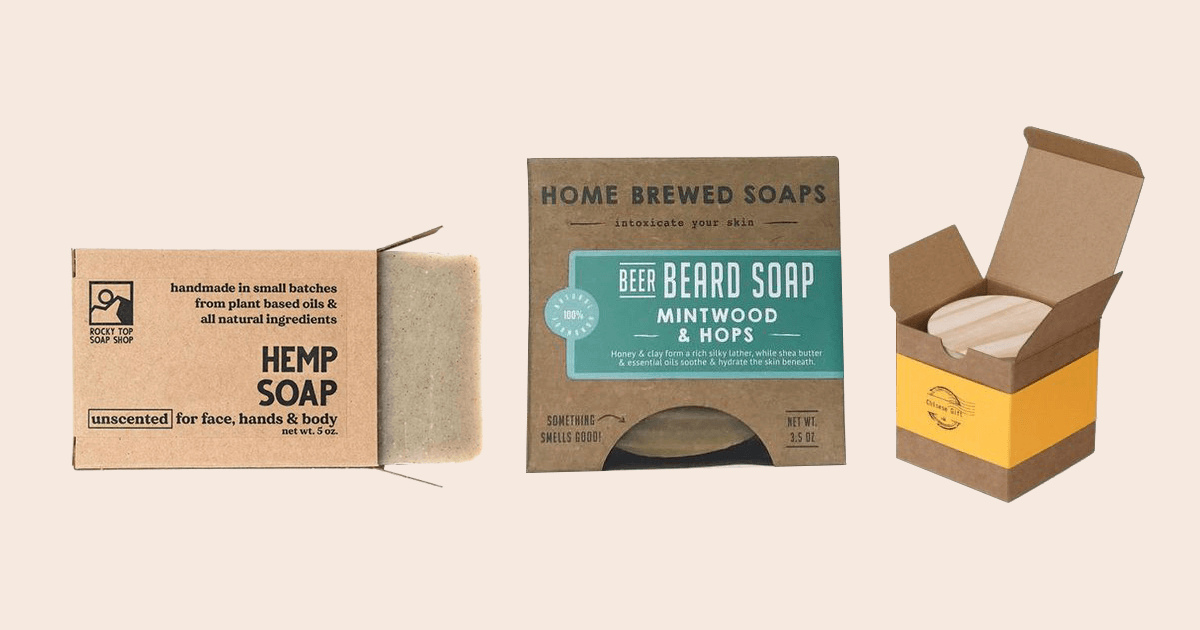Introduction
Antibacterial soap has been a staple in many households and public places for decades, promising enhanced protection against harmful bacteria. However, recent studies and health concerns have sparked debates on its actual effectiveness and potential risks. This article delves into the benefits and drawbacks of antibacterial soap, its impact on human health, and possible alternatives for maintaining hygiene.
Understanding Antibacterial Soap
Antibacterial soaps contain active ingredients such as triclosan or triclocarban, which are designed to kill or inhibit bacterial growth. Use biodegradeable soap packaging to protect soap's antibacterial properties. So the regular soap, which works by physically removing germs and debris from the skin, antibacterial soap actively targets bacteria. This has led to its widespread use in homes, hospitals, and other settings where hygiene is crucial.

Benefits of Antibacterial Soap
Enhanced Germ Protection Antibacterial soaps can eliminate a higher percentage of bacteria compared to regular soaps. This is particularly useful in environments where bacterial infections are a major concern, such as hospitals and food processing facilities.
Reduction of Illnesses By effectively killing bacteria, antibacterial soaps can help reduce the spread of infections, especially in high-risk areas like schools, workplaces, and public restrooms.
Protection for Vulnerable Individuals People with weakened immune systems, such as the elderly, children, and those with chronic illnesses, may benefit from the extra layer of protection offered by antibacterial soap.
Risks and Concerns
Antibiotic Resistance One of the biggest concerns associated with antibacterial soap is the potential for antibiotic resistance. The overuse of antibacterial products can lead to bacteria developing resistance, making infections harder to treat with conventional antibiotics.
Disruption of Skin Microbiome The human skin hosts beneficial bacteria that play a crucial role in maintaining skin health and immune function. Antibacterial soaps may disrupt this balance, potentially leading to skin irritation, dryness, or susceptibility to infections.
Environmental Impact Chemicals such as triclosan can persist in the environment, affecting aquatic ecosystems. These substances can accumulate in water bodies and disrupt marine life, raising concerns about long-term ecological consequences.
Limited Effectiveness Against Viruses Despite their ability to kill bacteria, antibacterial soaps are not necessarily more effective than regular soap in eliminating viruses, including those responsible for colds and flu. Regular handwashing with soap and water remains one of the best defenses against viral infections.
Regulatory Actions and Public Health Recommendations
In response to health concerns, regulatory bodies such as the U.S. Food and Drug Administration (FDA) have taken action against certain antibacterial ingredients. In 2016, the FDA banned the sale of over-the-counter antibacterial soaps containing triclosan and triclocarban due to insufficient evidence of their safety and effectiveness compared to plain soap and water.
Public health organizations, including the Centers for Disease Control and Prevention (CDC) and the World Health Organization (WHO), emphasize that proper handwashing with regular soap and water is sufficient for maintaining hygiene in most situations.
Safer Alternatives to Antibacterial Soap
- Regular Soap and Water The mechanical action of scrubbing hands with soap and water for at least 20 seconds effectively removes bacteria, viruses, and dirt from the skin without the risks associated with antibacterial agents.
- Alcohol-Based Hand Sanitizers In situations where soap and water are unavailable, alcohol-based hand sanitizers (with at least 60% alcohol content) can effectively kill germs without promoting antibiotic resistance.
- Natural and Organic Soaps Soaps made with natural ingredients such as essential oils (tea tree oil, lavender, or eucalyptus) have inherent antibacterial properties without the harmful effects of synthetic chemicals.
- Proper Hygiene Practices Beyond using soap, maintaining overall hygiene through proper handwashing techniques, avoiding face-touching, and keeping surfaces clean can significantly reduce the risk of infections.
Conclusion
While antibacterial soaps may offer some benefits, their risks and limited advantages over regular soap raise important concerns. Given the potential for antibiotic resistance, skin health disruption, and environmental harm, it is essential to use them judiciously. For most daily hygiene needs, plain soap and water remain the best and safest option. By adopting proper hygiene practices and considering safer alternatives, individuals can protect themselves effectively while contributing to a healthier environment.




Comments